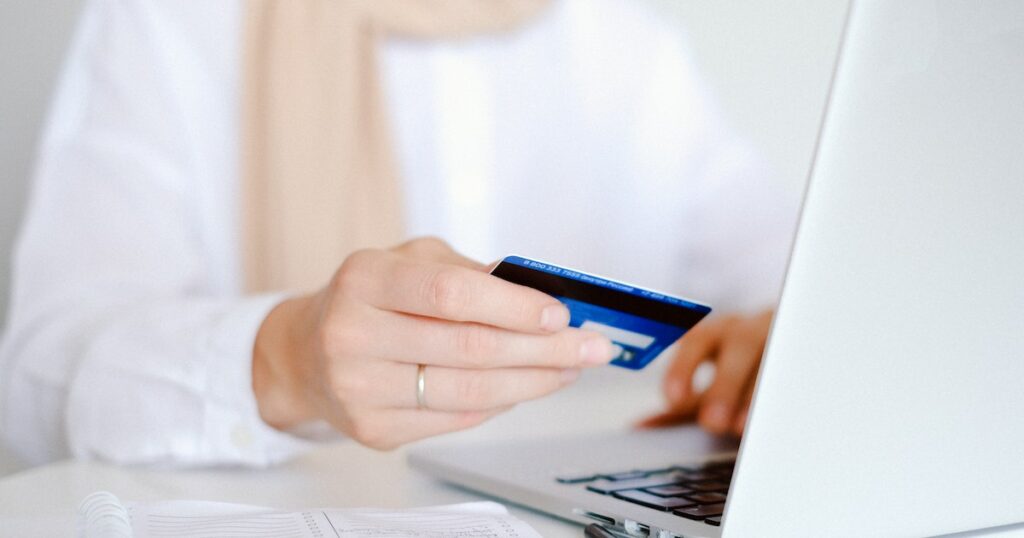Learn 13 Tips for Practicing Safe Online Banking

Online banking has advanced security features that make it not only more convenient but also safer than traditional banking methods. Nonetheless, excellent decision-making is essential to secure online banking, just as it is with conventional offline banking.

If you follow these guidelines, you can increase the safety of your online and mobile banking.
1. To begin, always remember to safeguard your information and never share private details with anyone. Don’t let anyone else in on your private details. If your bank phones and requests personal information, even if it seems real, hang up and dial the actual bank number. No one from your bank will ever call and ask for your credit card number, debit card number, or PIN over the phone.
2. The second piece of advice is to use a robust, one-of-a-kind password to secure your home WiFi network. Keep this password to yourself. Use passphrases if you can. Passphrases are strings of meaningless words or sentences.
(Ilov3gr33n3ggsandh@m = I adore green eggs and ham, for example).
3. Don’t do your banking on a public computer or free WiFi. You should still avoid using public WiFi, even if the page you’re visiting has encryption. While conducting online banking, it is best to do it through a virtual private network (VPN), a mobile data plan, or your house WiFi.
- First, if you must use a public computer, you should avoid signing into any sites that save your personal information, and you should always remember to clear your browsing history (including cookies) when you’re done.
- Don’t enter any sites that require a password when using public WiFi, and don’t give out any personal information.
4. Passwords should be unique and complex. It’s not a good idea to use the same or similar passwords for your social media, personal email, and banking accounts. If you don’t, your data will be more vulnerable in the event that less secure systems are breached.


